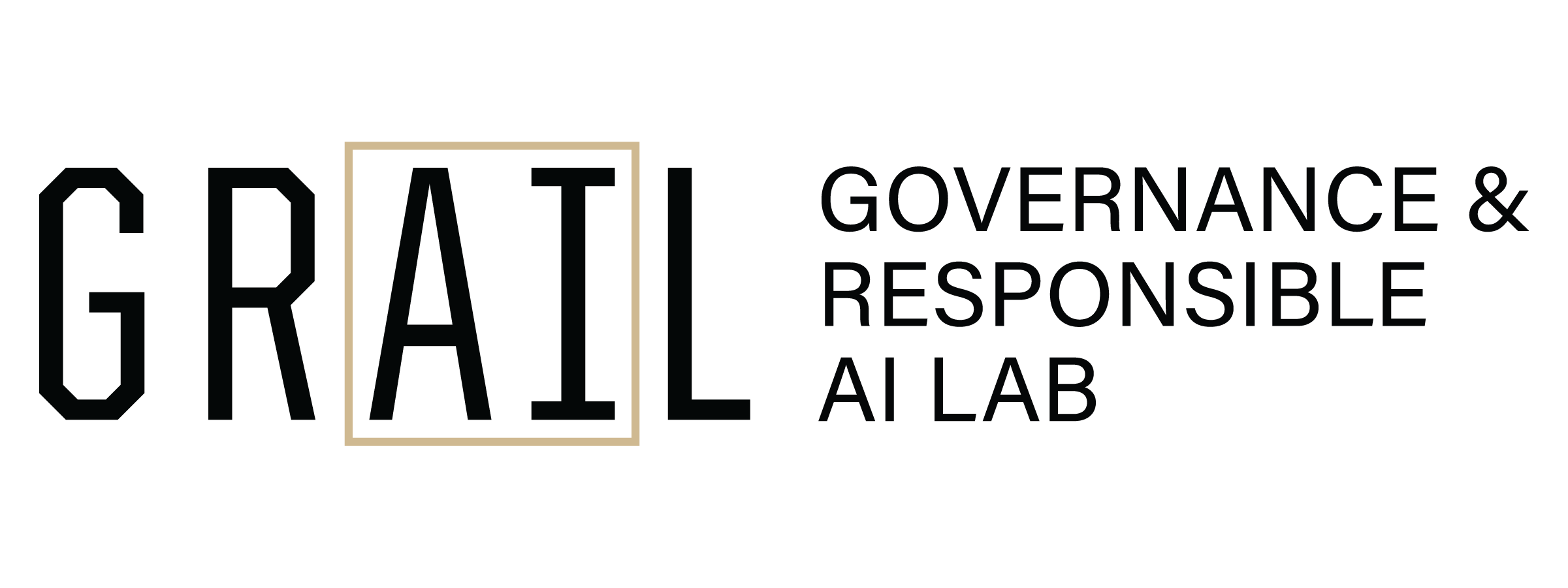
Bhargavi Ganesh
Graduate Affiliate
Bhargavi Ganesh is currently a PhD Student within the Centre for Technomoral Futures at the University of Edinburgh, focusing on the governance of AI/autonomous systems from an interdisciplinary perspective. Her current work draws on conceptual approaches in philosophy, as well as policy analysis and mixed methods empirical studies to explore the role of both formal and informal governance in bridging gaps between policy and practice. In addition to her academic work, Bhargavi also has experience in applied research within government/nonprofit entities in the US and UK.
Bhargavi Ganesh is currently a PhD Student within the School of Informatics at the University of Edinburgh, focusing on the governance of AI/autonomous systems from an interdisciplinary perspective. In addition to being affiliated with GRAIL, she is also affiliated with the Centre for Technomoral Futures and the Regulation and Design Lab at the University of Edinburgh. Bhargavi received her MS in Computational Analysis and Public Policy at the University of Chicago, and her Bachelor's degree with honors in Economics from New York University. Prior to her PhD, she worked at non-profit research organizations and government institutions, where she utilized statistical and data science methods to quantify the impact of consumer finance policies on marginalized groups. Her current work draws on conceptual approaches in philosophy, as well as policy analysis and mixed methods empirical studies, to explore the role of both formal and informal governance in bridging gaps between policy and practice. During the course of her PhD, Bhargavi worked on a government consultation with the UK Department for Digital, Culture, Media & Sport as part of the University of Edinburgh's Bridging Responsible AI Divides (BRAID) project, and interned in the AI Assurance team within the UK government's former Centre for Data Ethics and Innovation (CDEI) (now renamed the Responsible Technology Adoption Unit). She was also a contributor within the Governance and Regulation Node of the UKRI Trustworthy Autonomous Systems (TAS) project, where she worked alongside scholars in a wide range of disciplines including law, policy, sociology, computer science, and philosophy, to apply concepts in ethics and policy to case studies in medical AI and the design of autonomous vehicles. Bhargavi has presented her work at a number of different venues in policy, law, and computing, and received a Best Paper Award at the 2022 WeRobot conference, for her work using historical analogies to understand the novel challenges generated by AI and evaluate current approaches towards AI governance. As a training fellow within the Centre for Data, Culture, and Society, Bhargavi also develops course materials in technical data science and AI ethics for graduate students in the humanities looking to use data science methods in their research.




